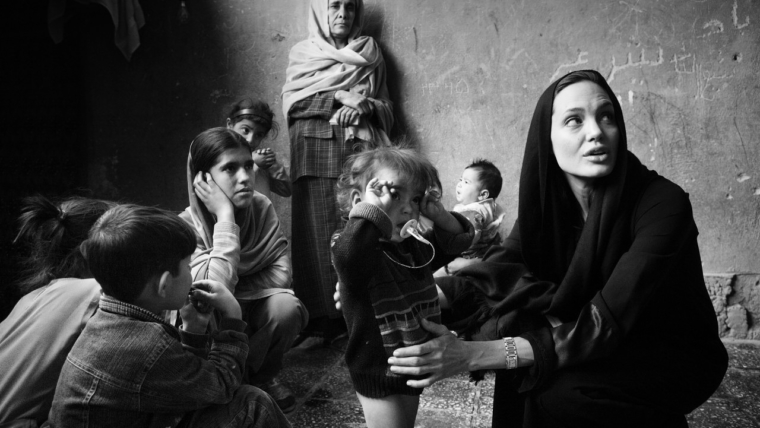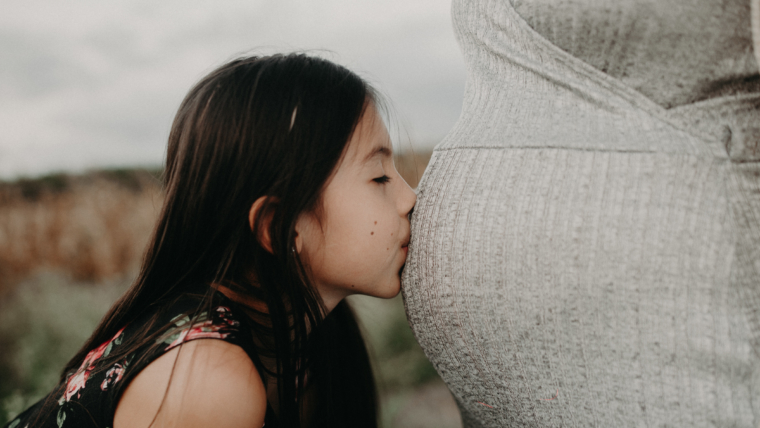
By: Lauren Ramakrishna
As COVID-19 first spread across the US in early 2020, parents’ main concern became protecting their kids’ health. While masking and social distancing have gone a long way to help ensure the physical health of many children and adults in this country, families report a worrying decline in mental health, particularly now.
ParentsTogether Action, a national parent-led non-profit, recently conducted a survey that revealed just how much families are struggling to handle life in the pandemic. In addition to financial struggles (61 percent of respondents said they have lost income since the beginning of the pandemic), 47 percent of parents revealed that their kids’ mental health has gotten worse or much worse since this past summer, while a troubling 62 percent of parent respondents worry about their families’ ability to make it through the winter months mentally or emotionally.
Those responses mirror recent statistics released by the Centers for Disease Control that show a spike in mental health-related Emergency Department visits by pediatric patients in 2020. According to the report, “Compared with 2019, the proportion of mental health-related visits for children aged 5 to 11 and 12 to 17 years increased approximately 24 percent and 31 percent, respectively.”
The results of ParentTogether Action’s survey don’t surprise Abigail Schlesinger, MD, the chief of Child & Adolescent Psychiatry and Integrated Care at UPMC Western Psychiatric Hospital and UPMC Children’s Hospital of Pittsburgh, who has witnessed an increase in pandemic-related mental health issues in children and their parents. “It’s been a long time that we’ve been in the pandemic, and now we don’t have all of the outlets that we had in the summer,” she says.
Nekeshia Hammond, a licensed psychologist and owner of Hammond Psychology & Associates, PA, cites a number of factors that can contribute to mental health challenges for kids this year, including social isolation, changes in school environment, loss of stability in routines, and worries about getting sick with COVID-19.
“Children are certainly soaking up all the stress for their personal lives, the families’ stress and the societal distress on a whole,” Dr. Hammond says.
How to Spot Mental Health Declines in Kids
You can determine how well your children are coping with the stress in their lives by monitoring their behavior. Some of the telltale signs that indicate your child is struggling with his or her mental health are persistent changes in mood or behavior, changes in appetite, sleep troubles, changes in grades, disconnecting from family and peers, and difficulty concentrating.
While teenagers have the ability to tell you when and why they are struggling, it’s important to give them some control over how and where they tell you, advises Dr. Schlesinger. When you notice your teen is struggling, “You need to check in and ask when they want to talk about it,” she says.
Behavioral shifts in younger kids are a typical indicator of difficulty managing a stressful environment. If you notice increased anxiety, rage or behavioral problems in your younger child, that’s an indication that their mental health is suffering and it requires some level of connection or intervention.
The most alarming behavior for parents to watch out for is discussion of self-harm. Data collected between January and September 2020 by nonprofit Mental Health America revealed that more than half of the 11- to 17-year-olds surveyed reported having thoughts of suicide or self-harm. “If your kid expresses thoughts about wanting to die or hopelessness, you should take that very seriously,” says Dr. Schlesinger. “You should get help right away.”
How to Help Your Kids Right Now
It’s natural for parents to worry about how their kids are handling life during the pandemic. But there are specific strategies you can adopt right now to help you and your kids cope.
1. Spend one-on-one time with your kids.
Kids appreciate “special time” with their parents (yes, even teens who might have you believe otherwise). Try to spend even just 5 to 10 minutes per day connecting with your child. Allow them to choose the activity and make sure your phone is on silent so you can remain totally engaged during this time.
Dr. Hammond also suggests setting aside regular periods for heart-to-heart conversations with your kids. Let them know they can freely share any feelings they are having, and validate the feelings they share.
2. Find creative ways to get moving.
The darker, colder winter months don’t provide as much opportunity for outdoor activity and movement. But physical activity is extremely important for your and your kids’ mental health. Make it a goal to ensure the whole family gets some form of exercise every day.
“You are the role model for your kids right now, more than ever,” Dr. Schlesinger says. She suggests trying yoga, exercise videos or some fun games that incorporate movement with your kids.
3. Rely on routines.
Kids feel calmest when their lives are predictable, so it’s no surprise that the unpredictable nature of living through a pandemic causes stress for them. That makes the routines you can control even more important. Set predictable meal times (and try to eat with your kids as much as possible so you can connect with them), stick to consistent bedtime routines and make sure your kids are going to bed at the same time every night.
4. Give kids some control.
Like most adults, kids just want to feel like they have control. You can give them a sense of control (and calm) by letting them choose, for example, whether to wear jeans or sweatpants, whether to have pasta or chicken for dinner, or whether they want to watch their TV show before or after lunch.
“With so many changes outside of children’s control, it is imperative that they start to feel emotionally safe again in their environment and have some positive sense of control,” advises Dr. Hammond.
5. Take care of your own mental health.
There’s a reason the flight attendant tells you to put your oxygen mask on before you put one on your child. You have to take care of yourself so you can take care of others, and that’s true for your mental health as well.
Dr. Schlesinger says parents should set aside time for themselves away from their kids—to exercise, watch TV, read or engage in other activities they enjoy. Doing so shows your kids that it’s important to prioritize one’s own needs so they are better equipped to take care of their needs now and in the future.
It’s also vital for each parent to confide in a support person regularly, whether it’s your spouse, a friend or a therapist.
6. Get professional help.
If your child is exhibiting concerning behaviors that you aren’t able to fully address at home, it’s time to reach out for help. Your pediatrician’s office can recommend pediatric psychiatrists and psychologists who are equipped to help you and your child.
Dr. Schlesinger notes that kids who had known behavioral health concerns prior to the pandemic—such as anxiety, or those who experienced a trauma they had dealt with—have a lower threshold for seeking professional help now.
For kids that didn’t have pre-existing behavioral health issues, if their behavior has changed substantially and you aren’t able to help them get to a place of happiness, or if they begin to exhibit aggressive behaviors, it’s time to seek professional help.







